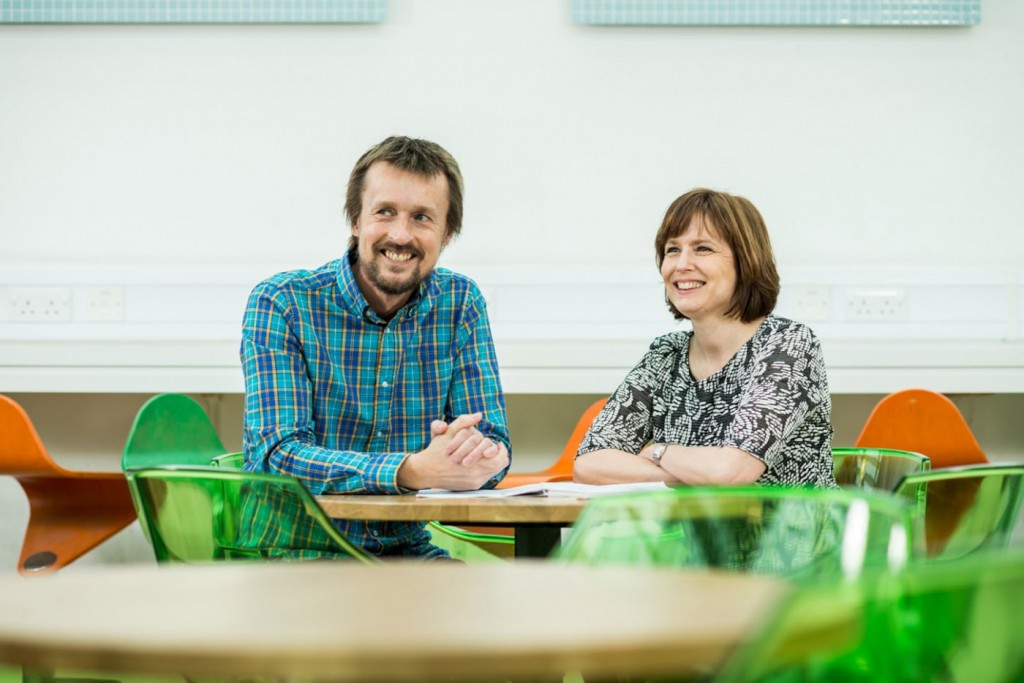
BU’s FACETS project, which focuses on managing fatigue in people with MS has been featured in a blog post by the MS Society. Fatigue is one of the most commonly reported and debilitating symptoms of MS and can have a real impact on people’s lives. It’s the main reason why people with MS eventually give up work.
Research from Professor Peter Thomas and Dr Sarah Thomas from BU’s Clinical Research Unit have developed a group based fatigue management programme called FACETS. The programme helps to equip people with the tools and strategies they need to effectively manage their energy and cope with fatigue. Below is an expert from the blog.
Mind the gap – getting care and services research to the clinic
It can sometimes take years for research findings to be rolled out in clinics. The gap between clinical trials and the clinic means that people often miss out on services that were developed with them in mind.
We want to make sure that everyone has access to the therapies, services and support that are right for them. And we’re working hard to make sure that happens.
Managing MS fatigue effectively
‘FACETS’ is a group-based fatigue management programme for people with MS. FACETS stands for Fatigue: Applying Cognitive behavioural and Energy effectiveness Techniques to lifeStyle.
During the programme, people learn strategies to help them manage their energy levels more effectively and explore different ways of thinking about fatigue.
The programme was shown to reduce fatigue and improve quality of life for people with MS in a 2013 trial we funded.
Since then we’ve supported the research team to roll out FACETS, via training days for health care professionals so they can deliver the programme in their practices.
Over 200 health professionals have been trained so far. And a recent survey suggested that more than 1,500 people with MS have already attended a FACETS programme.
Dr Sarah Thomas, who developed the programme, said “One of the most rewarding aspects of carrying out this work has been seeing FACETS rolled out into clinics and, we hope, making a difference to people’s lives.”
The blog can be read in full here.
 BU Briefing – Fatigue management programme for people with multiple sclerosis
BU Briefing – Fatigue management programme for people with multiple sclerosis










 Help highlight BU’s Impact – Share your involvement in Community and Cultural Events
Help highlight BU’s Impact – Share your involvement in Community and Cultural Events Share Your Views on Public Engagement – Royal Society Survey Open Until 30 June
Share Your Views on Public Engagement – Royal Society Survey Open Until 30 June MSCA Postdoctoral Fellowships 2025 Call
MSCA Postdoctoral Fellowships 2025 Call ERC Advanced Grant 2025 Webinar
ERC Advanced Grant 2025 Webinar Horizon Europe Work Programme 2025 Published
Horizon Europe Work Programme 2025 Published Horizon Europe 2025 Work Programme pre-Published
Horizon Europe 2025 Work Programme pre-Published Update on UKRO services
Update on UKRO services European research project exploring use of ‘virtual twins’ to better manage metabolic associated fatty liver disease
European research project exploring use of ‘virtual twins’ to better manage metabolic associated fatty liver disease